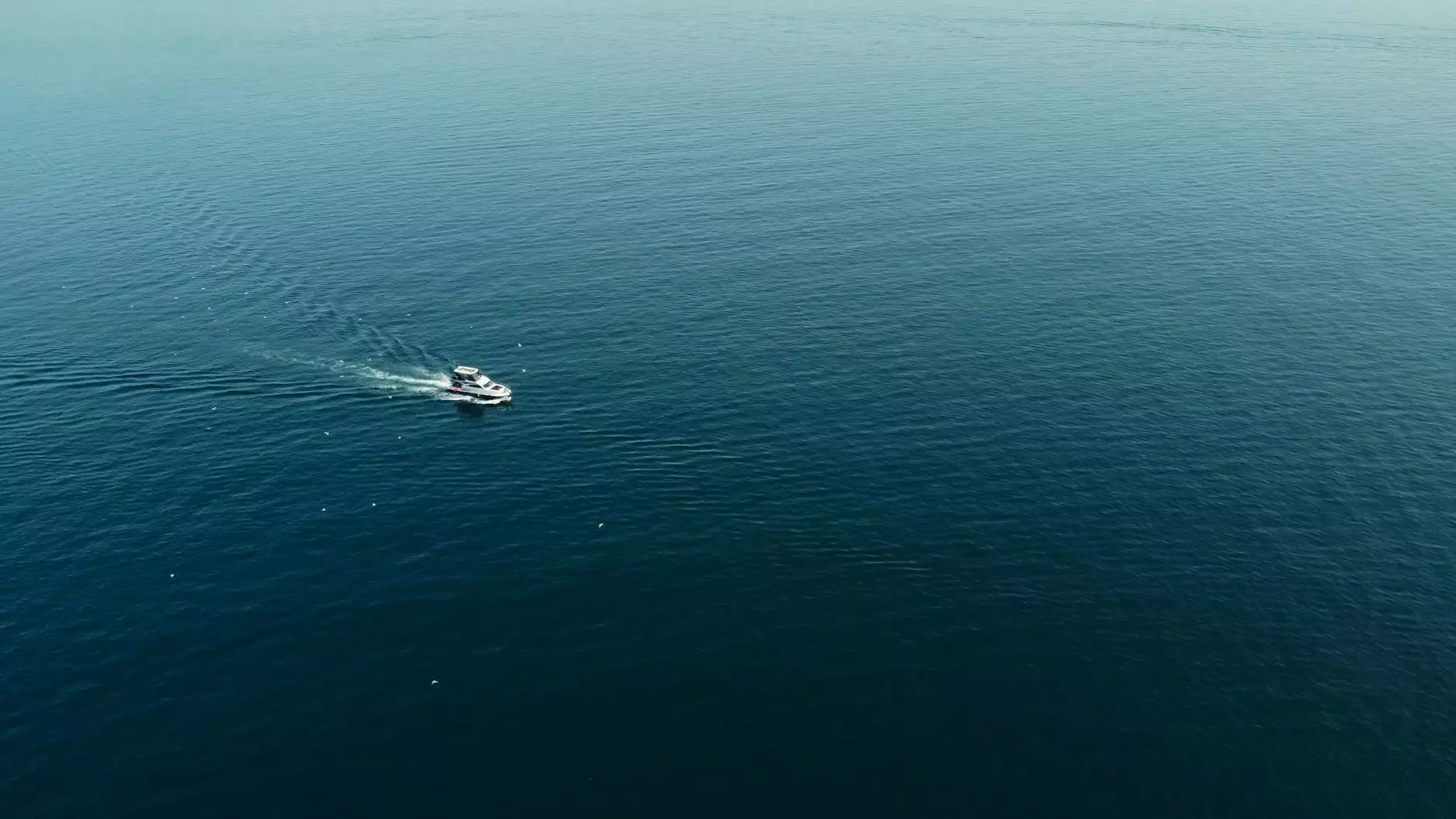Understanding Milton Water Hardness: Impact, Solutions, and Benefits

In many households, water hardness is a common issue that many families face, particularly in regions like Milton. Understanding Milton water hardness is essential for maintaining a healthy home environment, ensuring efficient plumbing systems, and preserving the quality of your appliances. In this comprehensive article, we will explore the various aspects of water hardness, its implications, and the effective solutions available.
What is Water Hardness?
Water hardness is defined by the concentration of dissolved minerals in the water, primarily calcium and magnesium. These minerals originate from various geological formations that water passes through. As a result, different regions have varying levels of hardness, which significantly impact water quality and usage.
How is Water Hardness Measured?
Water hardness is typically measured in parts per million (ppm) or grains per gallon (gpg). Generally, the categories of water hardness include:
- Soft Water: 0-60 ppm
- Moderately Hard Water: 61-120 ppm
- Hard Water: 121-180 ppm
- Very Hard Water: 181 ppm and above
In Milton, residents often find themselves dealing with moderately hard to hard water, which can lead to various challenges in daily life.
The Impact of Milton Water Hardness on Daily Life
The hardness of water affects numerous aspects of daily living, from household chores to personal health. Let’s delve deeper into some of the significant impacts:
1. Effects on Plumbing and Appliances
One of the primary concerns associated with hard water is its negative impact on plumbing systems. Here’s how:
- Mineral Buildup: Hard water leads to the accumulation of calcium and magnesium deposits in pipes, which can cause clogs and reduce water flow over time.
- Reduced Appliance Lifespan: Water heaters, dishwashers, and washing machines are prone to decreased efficiency and increased wear due to mineral deposits, leading to costly repairs or replacements.
2. Laundry and Cleaning Challenges
Using hard water for laundry and cleaning can also pose significant challenges:
- Detergent Inefficiency: Hard water reduces the effectiveness of soaps and detergents, requiring you to use more to achieve the same results.
- Stains and Residue: Clothes washed in hard water may appear dingy and feel stiff, while surfaces can develop unsightly soap scum or mineral residue.
3. Impact on Personal Health and Skin
Hard water can also affect your personal health:
- Skin Irritation: Many individuals with sensitive skin experience irritation when washing with hard water. The minerals can strip natural oils, resulting in dryness and discomfort.
- Effects on Hair: Hard water can leave hair feeling lifeless and looking dull due to mineral buildup.
Causes of Water Hardness in Milton
Understanding the source of water hardness can help homeowners take proactive measures. In Milton, water hardness primarily results from :
- Geological Composition: The region's geology, comprised of limestone and other hard minerals, contributes to high calcium and magnesium levels in groundwater.
- Water Supply Sources: The treatment and sourcing of water from local rivers and reservoirs may also contain dissolved minerals that contribute to hardness.
Testing Water Hardness in Milton
For homeowners looking to assess their Milton water hardness, testing is a straightforward process. You can:
- Purchase a Water Testing Kit: Many home improvement stores offer kits specifically designed to measure water hardness.
- Contact Local Utilities: Milton's local water utility may already publish water quality reports, including hardness levels, which can be accessed online.
Solutions for Managing Water Hardness
If you're struggling with water hardness in your Milton home, various solutions are available:
1. Water Softeners
Water softeners are the most common solution for treating hard water. These systems remove excess minerals through a process called ion exchange. By replacing calcium and magnesium ions with sodium or potassium ions, water softeners significantly reduce hardness.
- Benefits of Water Softeners:
- Improved soap and detergent efficiency
- Extended lifespan of plumbing and appliances
- Softer, healthier skin and hair
2. Reverse Osmosis Systems
Reverse osmosis (RO) systems can also be effective for further reducing water hardness. By using a semipermeable membrane, these systems can remove a vast array of contaminants, including dissolved minerals from your drinking water supply.
3. Regular Maintenance
Regular maintenance of your plumbing and appliances is crucial for managing the adverse effects of water hardness. Keeping your plumbing system clean, descaling appliances, and replacing worn-out fixtures can mitigate hardness challenges.
Conclusion: The Importance of Addressing Milton Water Hardness
In conclusion, understanding Milton water hardness is essential for maintaining the quality of life in your home. From protecting your plumbing and appliances to safeguarding your health, awareness of water hardness can lead to effective solutions that greatly enhance your living experience. By implementing measures such as installing water softeners, regular maintenance, and possibly considering reverse osmosis systems, residents can combat the challenges posed by hard water.
Addressing water hardness is not merely a matter of convenience; it’s about ensuring a healthy, efficient, and sustainable living environment. For those in Milton looking to enhance their quality of life, taking action against water hardness is a fundamental step to achieving a smoother, cleaner experience in daily living.
For more information on plumbing solutions and water hardness management, feel free to visit us at plumbingdunnright.com.









